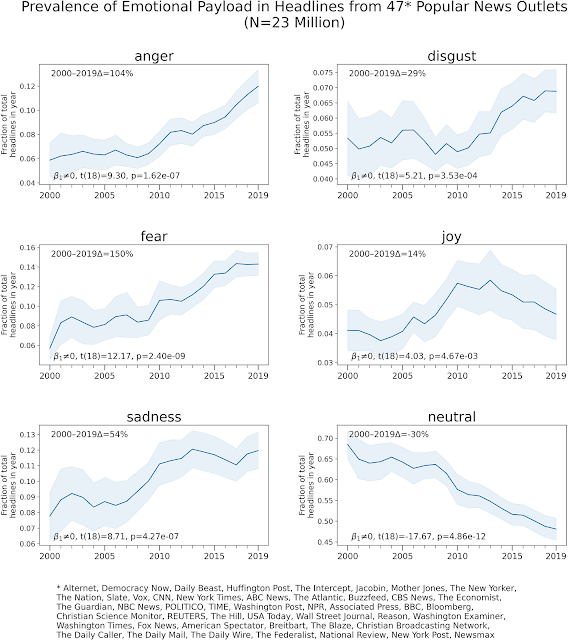Economic history
How the study of history affects economics research field?
The study of the past was neglected by economists in the
early 80’s. Deirdre McCloskey surveyed the use of economic history in the 70’s
and 80’s and she found that economists “believe history to be of small and
diminishing interest”, she concluded that the average American economist answers
“no” to the question “Does the past have useful economics?” McCloskey showed a
sharp decline in the publication of economic history papers in the top economic
journals (AER, QJE, JPE).
Today, economic history has reverted that trend and,
although still small –compared to other fields, it has become a relevant field
of study according to most of research economists.
Ran Abramitzky published last month a paper about the use of
economic history by economists. He found that the top 5 economic journals have
increased their share of papers related in one way or another to economic
history.

This idea that the past influences the present in a path
dependence process is now widespread. Many economists argue that a process of
path dependence often takes place in the modern world: norms and expectations
impede change, discrimination survive even in highly competitive markets, and change
can be very slow.
Another point Abramitzky makes in his paper is the problem
with endogeneity in economic history. Identification of a causal effect is a
main challenge for economic history but that’s no different from applied economics.
Over the last two decades researchers have started to take causal identification
more cautiously, changing their language to more lightly words that imply but
not state causality such as “effect”, “impact” and “influence,” and only claiming
causality when a random or quasi-random variation is established.
Economic history has increased the use of data and quantitative
tools to solve the endogeneity problem. The classic example is the AJC 2001
paper.
Abramitzky ends quoting Arrow “it will always be true that
practical understanding of the present will require knowledge of the past.”


Comments